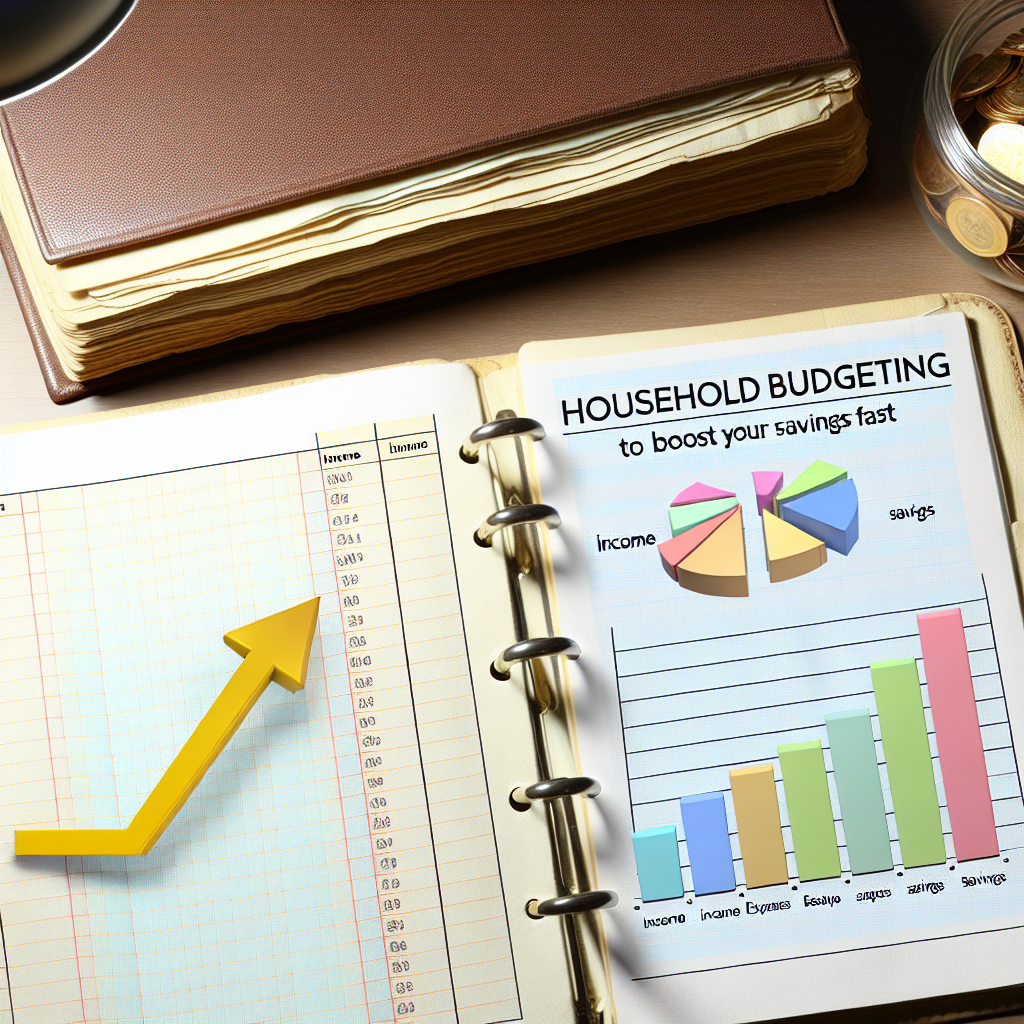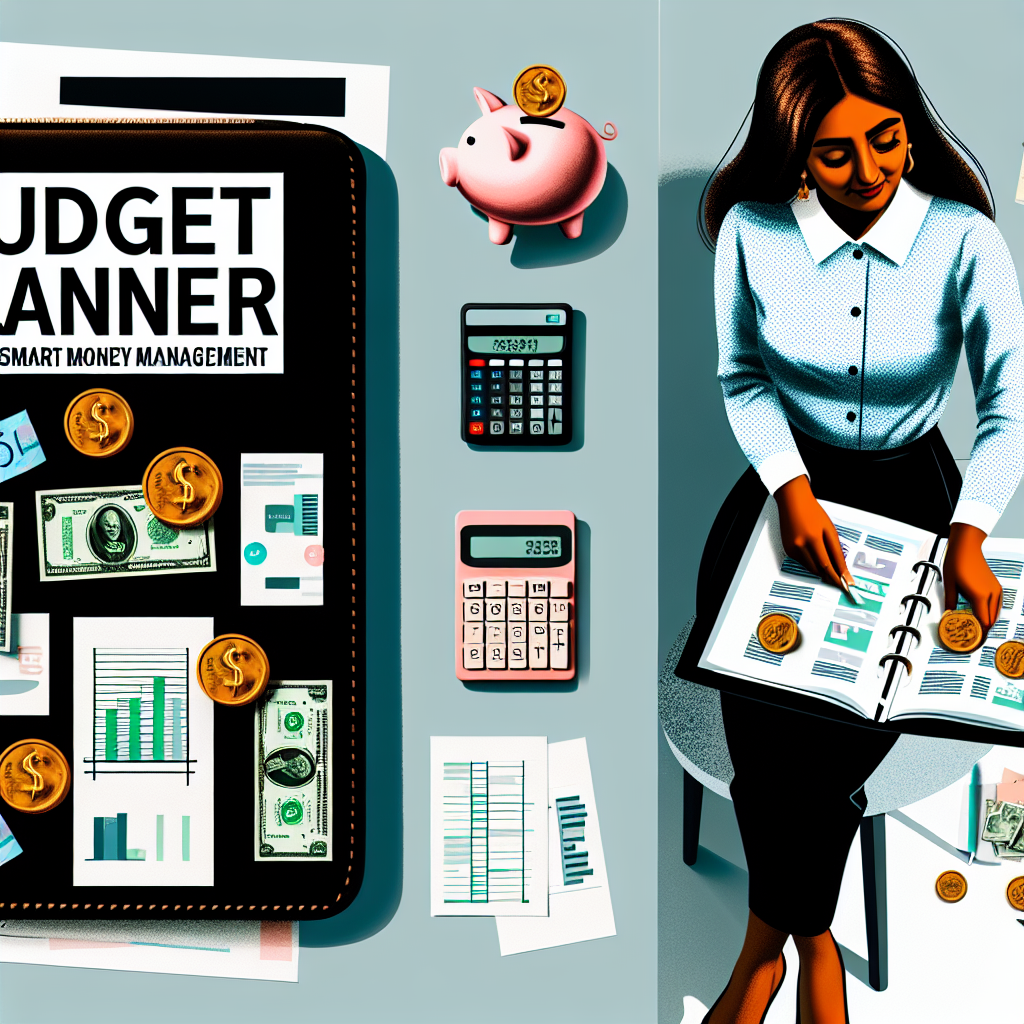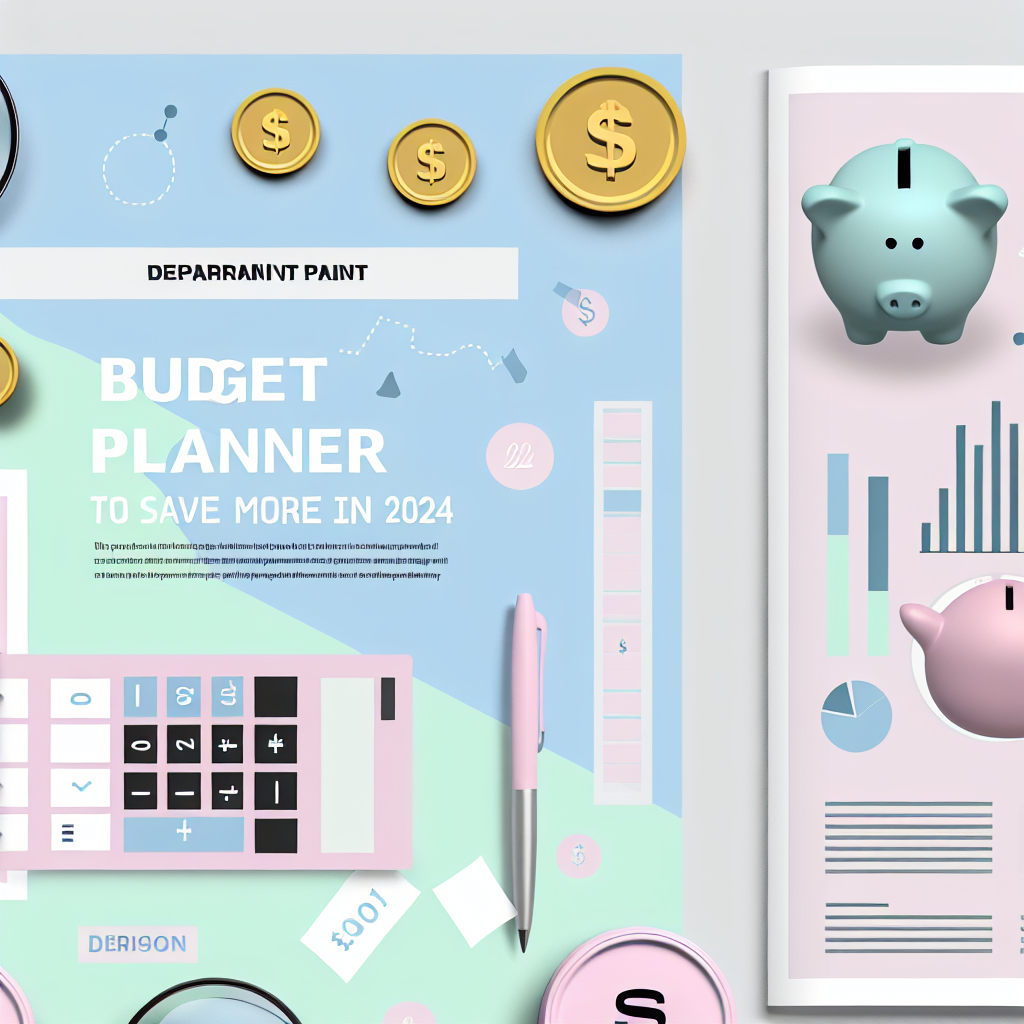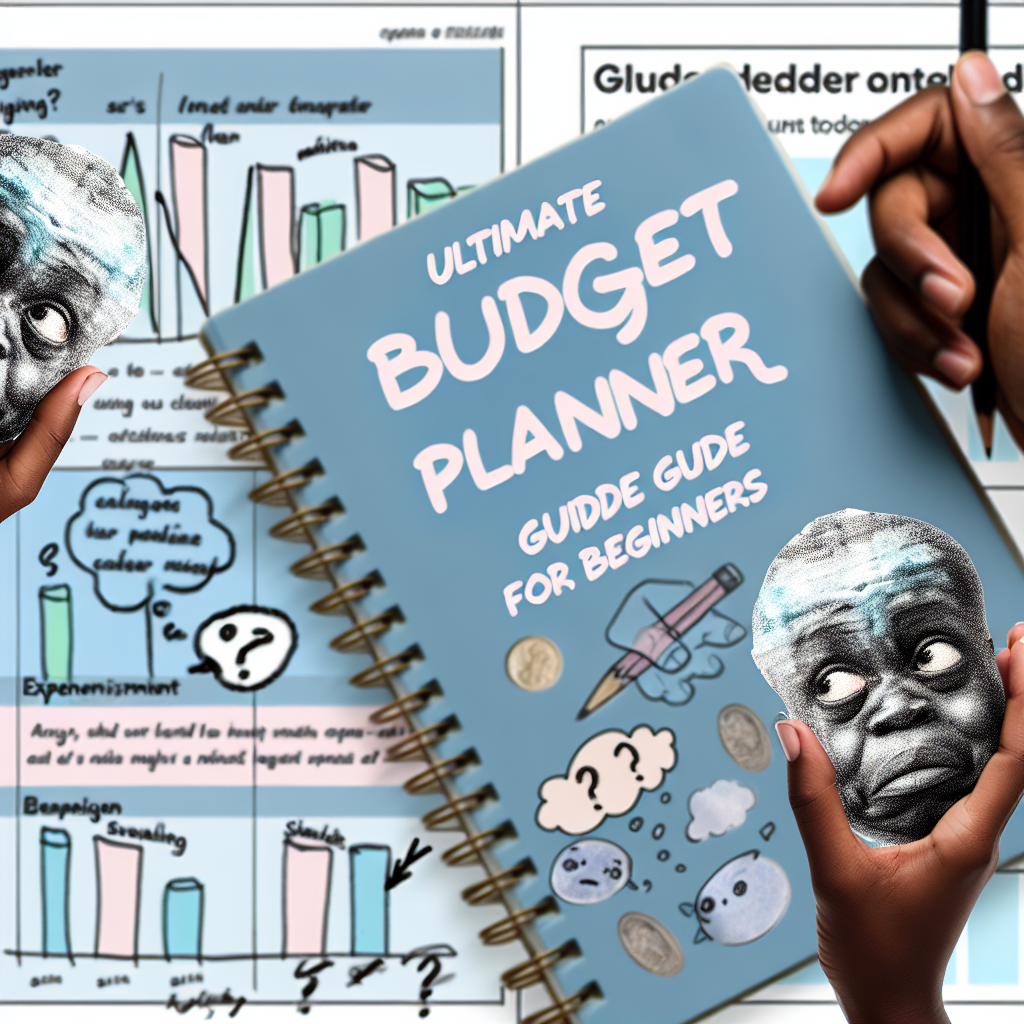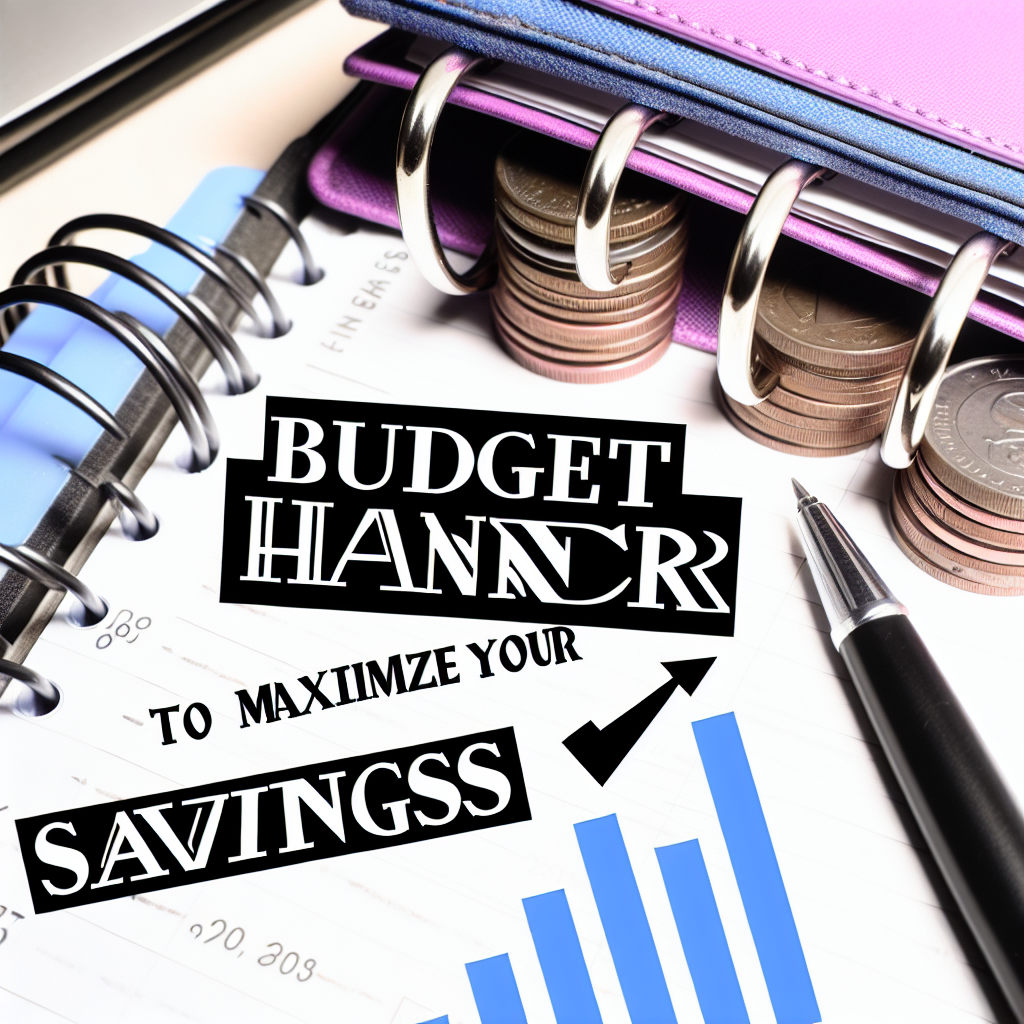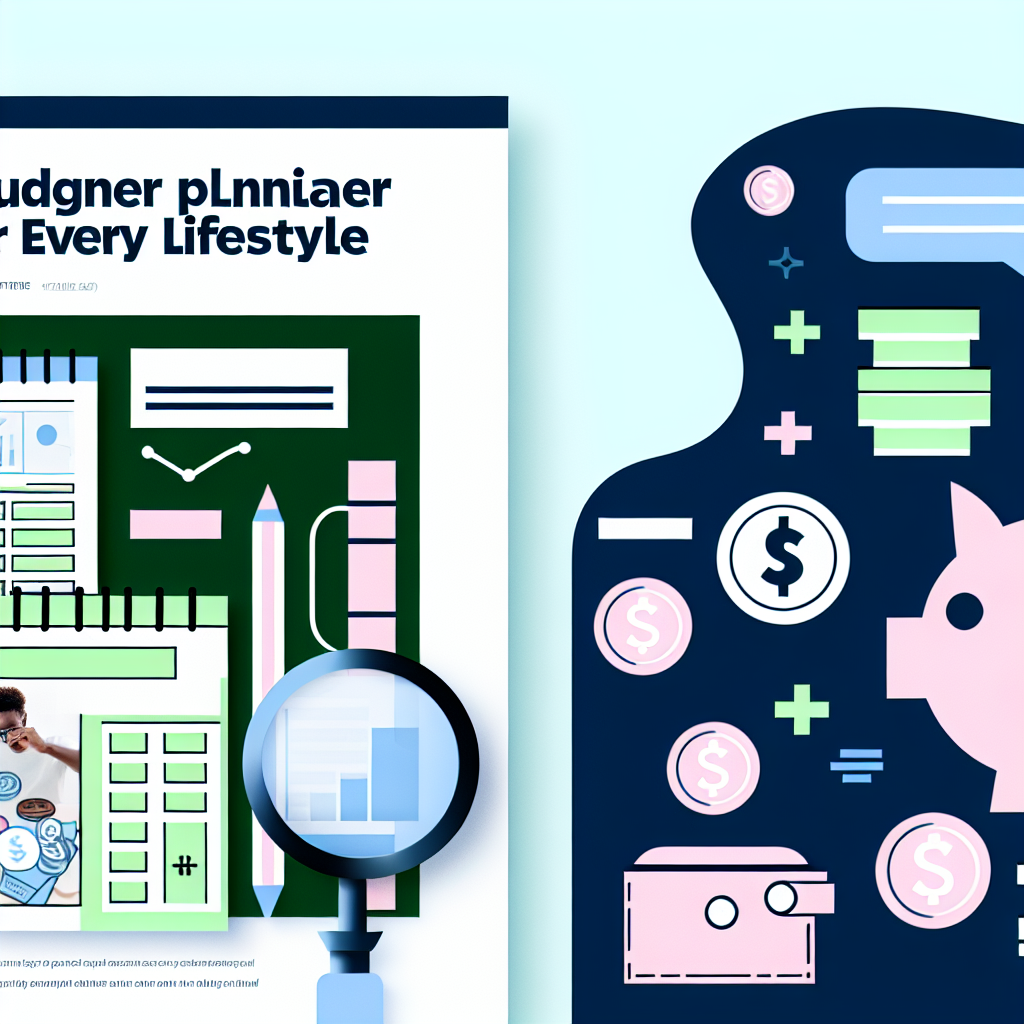=
I still remember the night I made my very first budget. It was scribbled on the back of a takeout receipt, stained with coffee rings, and had “NO SPENDING” written in giant, desperate letters. Spoiler alert: it didn’t work. At all. I was broke, stressed, and honestly, a little embarrassed that I couldn’t figure out how to keep my money in my account longer than a week. That was me—Alex, the person who once thought budgeting meant saying “no” to everything fun and living off instant noodles forever.
But here’s the thing: household budgeting isn’t about torture or deprivation. It’s about finding a way to make peace with your money, even when it feels like that peace is the last thing you deserve. For me, the real breakthrough came when I stopped treating budgeting like a math test and started seeing it as a conversation with myself about what mattered most.
The Moment I Realized What Budgeting Really Means
One evening, after yet another “oops” purchase—a $45 impulse buy on a gadget I didn’t need—I sat down and felt crushed. I thought budgeting was supposed to be strict and flawless, but I kept failing. Then it hit me: household budgeting isn’t about perfection or restrictions; it’s about behavior. It’s about understanding my habits, forgiving my slip-ups, and making tiny changes that actually stick. Suddenly, it wasn’t some scary financial chore; it was a tool to help me feel less anxious and more in control.
How I Started Boosting My Savings Fast (Without Losing My Mind)
Here are a few things that really helped me, told like they happened yesterday:
The first thing that actually worked for me was tracking my spending—not with fancy apps, but just by writing down every coffee, every snack, every little impulse buy. I was shocked to see how $3 here and $7 there added up to a mini shopping spree every week. Writing it down made it real, not just a vague feeling of “I spend too much.”
I remember being hesitant to try setting spending limits because I thought, “That sounds like a prison sentence.” But instead of strict limits, I gave myself a small, weekly “fun money” budget. This tiny permission slip stopped me from feeling deprived and, weirdly, made me spend less overall because I wasn’t sneaking around trying to justify purchases.
This trick might sound weird, but I started automating my savings. I set up my bank to move just $20 a week into a separate account—even when I was broke. It felt like a tiny victory every time I saw that little balance grow. It wasn’t about the amount; it was about building a habit that said, “I’m worth saving for.”
Another thing I learned was to plan for the unexpected. I used to freak out when something unplanned came up—like a car repair or a birthday gift. Now, I keep a small “buffer” fund for these moments. It’s like a financial safety net that keeps me from falling into panic spending or debt.
To Anyone Feeling Overwhelmed Right Now
I know what you might be thinking: “This sounds hard,” or “I don’t have enough money to start,” or even “I’m too far gone to fix this.” Believe me, I’ve been there. I once ignored my bank statements for weeks because I was scared of what I’d find. But here’s the truth—starting small is still starting. You don’t need a perfect plan or a fat paycheck. You just need to try, fail, and try again. Because every tiny step forward is a win.
One Small Step Today
If you take nothing else from this, let it be this: pick one tiny thing you can do today. Maybe it’s writing down what you spent on coffee this week, or setting up a $5 automatic transfer to savings. It doesn’t have to be grand or life-changing right away. It just has to be yours. You’re not alone in this messy, imperfect journey. I’m rooting for you—and so is the version of you that’s ready to feel a little lighter about money.
💡 Want more tips like this? Explore more ways to save funds and plan your budget wisely!

